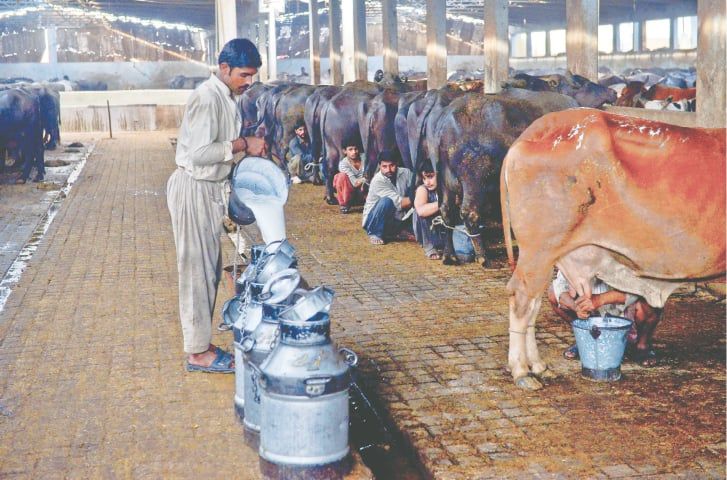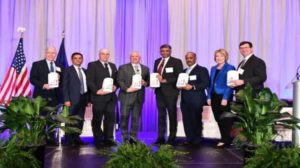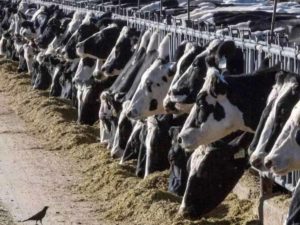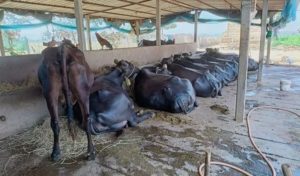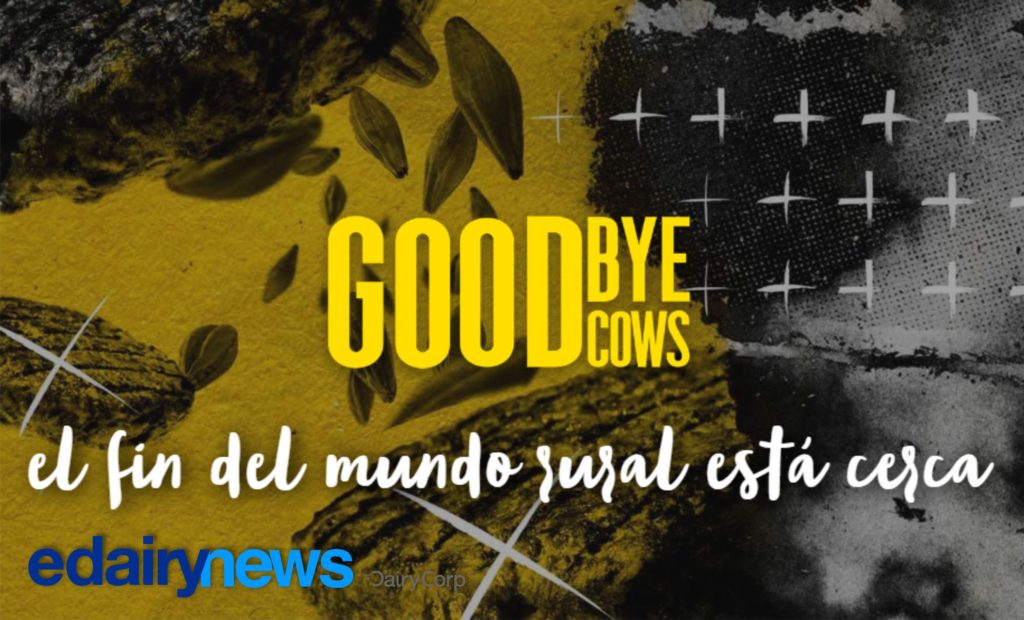He gave the above remark on World Milk Day (WMD), adding that Pakistani dairy products and milk are of high-quality and low price, from which Chinese enterprises can benefit through investing.
“Top Chinese dairy enterprises showed interest in investing in Pakistan. Some of them visited Pakistan, but due to COVID-19, the development delayed. When the COVID situation gets better, two enterprises will set up their factories in Pakistan immediately”, Badar stated.
According to the Pakistan Dairy Association, the government should support this industry to boost export and domestic production, especially to control the adulteration of loose milk.
“Out of 60 million tons of annual milk production, just 3 percent is processed. Nearly 80 percent of milk is supplied by small farms (less than 10 animals), while the supply from medium and large farms is a mere 1 percent. The reliance on small farmers explains the low milk yield – which is of 20 to 25 percent among top-yielding countries”, Pakistan Dairy Association stated.
Shahid Khan, a dairy farmer in Rawalpindi, told CEN that local farmers are facing many problems, such as a lack of education, latest storage facilities, transfer of milk, and cold storage.
“China is one of the major dairy and milk consuming countries. Chinese technologies are usually low-priced. If we adopt the techniques and technology used by China, Pakistan could advance in this industry”, Shahid mentioned.
Dr. Qamar Shakil, Senior Scientist (Sorghum) of Fodder Research Sub Station Ayub Agricultural Research Institute, Faisalabad told CEN that in Pakistan, there is a deficiency of 35%-40% in fodders and sorghum which could be a good source of animal feed.
“Using sorghum as animal feed at large not only helps achieve the animal nutrition and feed supply but also quality milk and dairy products would be produced here. Sorghum grain provides an ample quantity of energy and is rich in vitamins and minerals like B vitamins, magnesium, potassium, phosphorus, iron, and zinc. An excellent source of fiber, antioxidants, and protein”, he added.
“There is a tremendous amount of international experience, especially belonging to China, that can assist in building the infrastructure in the sorghum breeding programs and animal nutrition that is required to enhance Pakistan’s ability to efficiently produce animals”, he mentioned.

